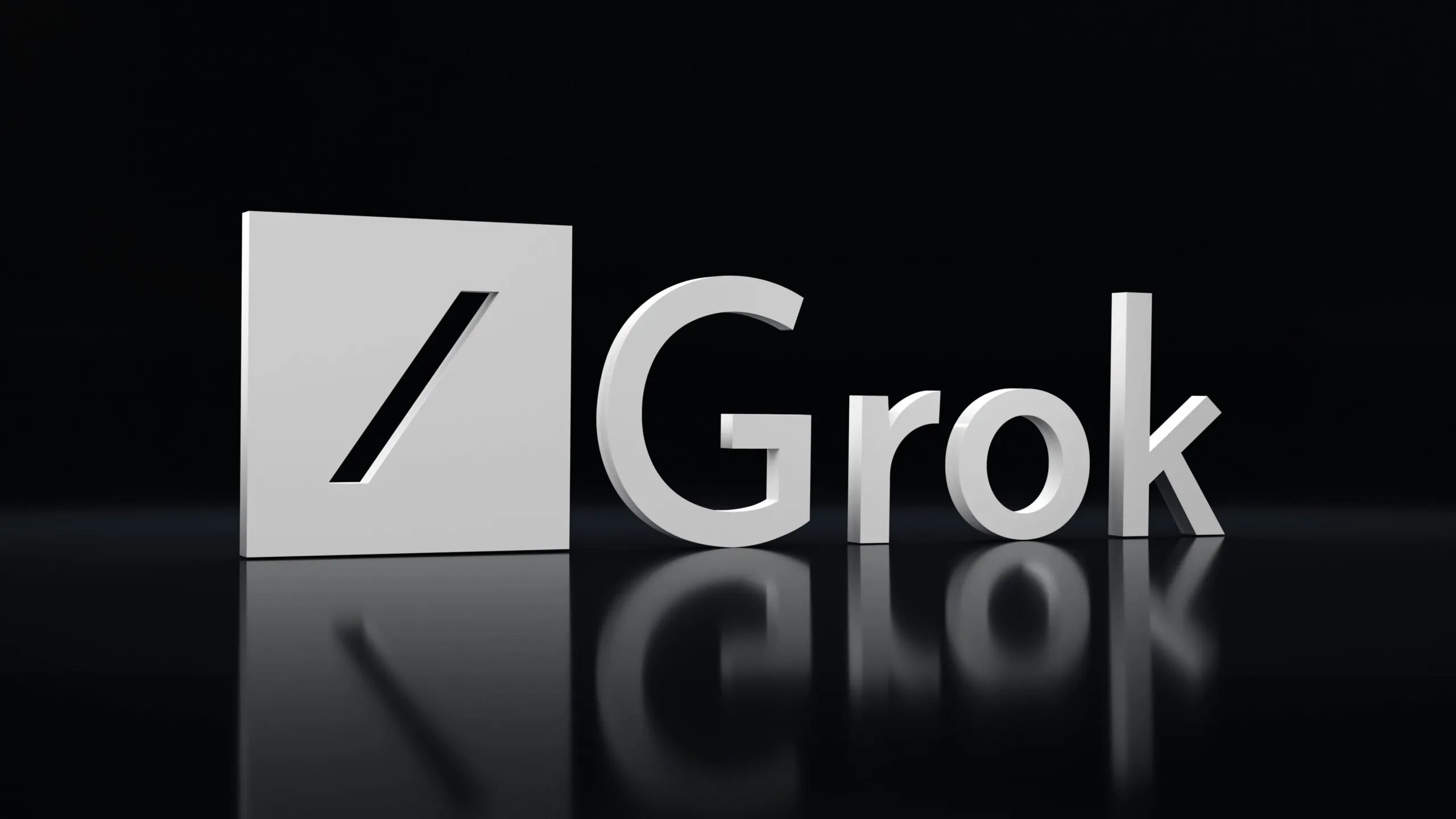xAI recalls tracking app on personal laptops after backlash

Elon Musk’s xAI told its AI chatbot staff to install a monitoring app on personal laptops by July 11, 2025, but retracted the decision due to media and internal backlash, as reported by Business Insider.
The app in question, Hubstaff, is a workforce management app that tracks time, URLs, and application activity.
xAI, Elon Musk’s artificial intelligence startup, was founded in 2023 and develops AI systems like the Grok chatbot.
xAI’s chatbot engineers, known as tutors, were instructed to install the app on their personal computers by July 11 if they had not received a company-issued device.
While certain employees had access to company-issued Chromebooks, tutors were told the company had run out of devices, with no clear timeline for restocking.
Staff who were worried about privacy while using personal devices for work were told to either buy a separate laptop using xAI’s US$50/month tech stipend or set up a separate user profile on their personal device to keep work and personal activity separate.
According to internal documents and anonymous sources, the app required permissions for screen captures and activity tracking. Use of the software was described as mandatory, with the claim that tracking will only take place during designated work hours.
The company said the move was intended to track productivity, but following internal pushback, xAI announced via Slack that employees awaiting company laptops no longer had to install the app immediately.
But it’s still unclear if those who already installed Hubstaff can remove it, or be compensated for new devices bought for the sake of compliance.
Privacy Concerns and Legal Compliance
The policy led to general internal backlash over privacy, broader legal risks, and one employee’s potential resignation should the policy be implemented.
Slack messages showed growing frustration, deeming the rollout “surveillance disguised as productivity” and “manipulation masked as culture.”
Legal risks for xAI would vary but could be mitigated through clarifying the cause behind the newly introduced monitoring, the notice period for implementation, and the proper planning for device reimbursement for employees, according to the attorney viewpoint.
On another front, the company, being headquartered in California, may have to consider the state’s strong laws and the regulations pertaining to its remote staff who are governed by the jurisdiction in which they work.
At the same time, considering that xAI uses additional software, like Rippling and Starfleet, for its monitoring needs, the company would need to set clear notices and guidelines for all systems implemented.
Implications for Employers and Employees
xAI’s circumstance highlights a growing tension in the tech world where companies’ desire for productivity insights are instigating concerns about employees’ rights to privacy, especially under the scope of the California Privacy Rights Act of 2020.
The unstructured implementation of the software can be said to reflect a broader culture of tight oversight and fast pivots.
Whether xAI’s adjusted policy will resolve remains unclear, but such decisions may continue to spark conversations on alienating employees and raising operational risks.
Related Content:
US government implements employee tracking
74% of US employers use online monitoring, survey finds
Time tracking app behind 21M+ screenshot data leak



